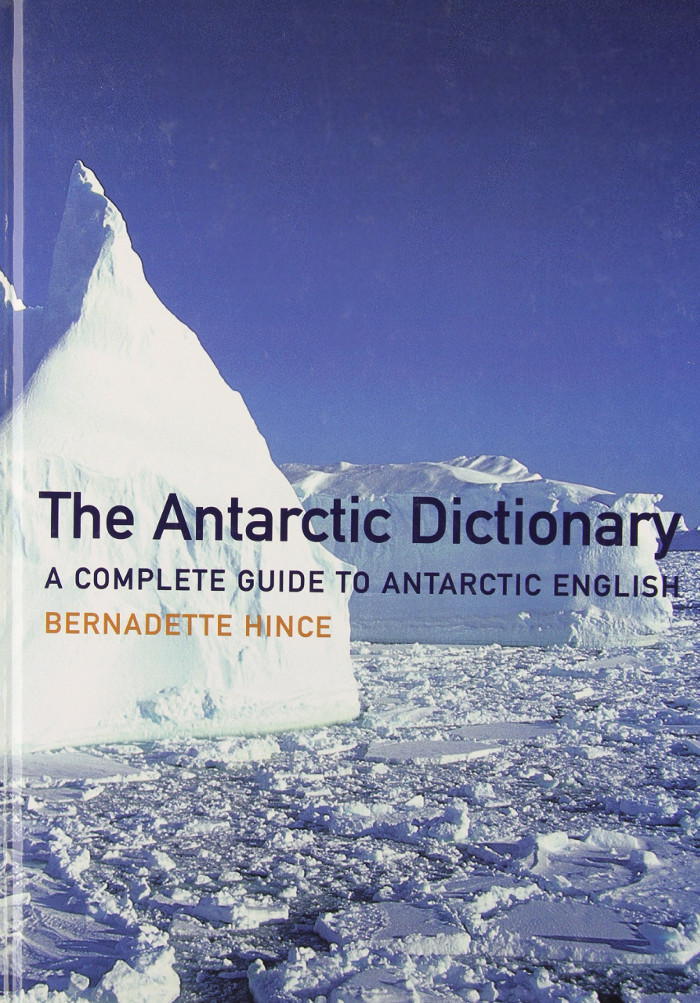Common Knowledge 17(1): Comparative Relativism: Symposium on an Impossibility, I-IV (2011)
Filed under journal | Tags: · anthropology, comparative relativism, ethnography, history, knowledge, philosophy of science, politics, science, sociology of science

A journal section based on the conference “Comparative Relativism” held in September 2009 at the IT University of Copenhagen.
The aim of this publication “is to place in unlikely conjunction the two terms ‘comparison’ and ‘relativism’. On the one hand, comparison, in the most general sense, involves the investigation of discrete contexts to elucidate their similarities and differences. Comparative methods have been widely used in many social science disciplines, including history, linguistics, sociology, and anthropology. On the other hand, relativism, as a tendency, stance, or working method in social anthropology, and more recently in science and technology studies (STS), usually involves the assumption that contexts exhibit, or may exhibit, radically different, incomparable, or incommensurable traits.”
Based on this paradoxical premise, “comparative relativism is understood by some to imply that relativism comes in various kinds and that these have multiple uses, functions, and effects, varying widely in different personal, historical, and institutional contexts; moreover, that those contexts can be compared and contrasted to good purpose…On the other hand, comparative relativism is taken by other[s] to imply and encourage a ‘comparison of comparisons’, in order to relativize what different peoples—say, Western academics and Amerindian shamans—compare things “for’.” (from the Introduction)
“In other words, comparative relativism can ask both what knowledge or truth is being imagined relative to and whether comparison always operates in the “same” way—or with the same grounds or purposes (e.g., shoring up the categories of culture, nature, morality) wherever we find it.” (from Helmreich 2012)
With contributions by Casper Bruun Jensen, Barbara Herrnstein Smith, G. E. R. Lloyd, Martin Holbraad, Andreas Roepstorff, Isabelle Stengers, Helen Verran, Steven D. Brown, Brit Ross Winthereik, Marilyn Strathern, Bruce Kapferer, Annemarie Mol, Morten Axel Pedersen, Eduardo Viveiros de Castro, Matei Candea, Debbora Battaglia, and Roy Wagner.
Publisher Duke University Press, Winter 2011
ISBN 0961-754x
165 pages
PDF (4 MB)
See also
Casper Bruun Jensen, Bifurcations: Comparative Relativism, Conexões Parciais, 2012, 21 pp.
Stefan Helmreich, Extraterrestrial Relativism, Anthropological Quarterly, 2012, 15 pp.
Georges Canguilhem: A Vital Rationalist: Selected Writings (1994)
Filed under book | Tags: · biology, epistemology, history of science, knowledge, life, medicine, philosophy, physiology, science

“Georges Canguilhem is one of France’s leading philosophers and historians of science. Trained as both a medical doctor and a philosopher, Canguilhem overlapped these practices to demonstrate that there could be no epistemology without concrete study of the actual development of the sciences and no worthwhile history of science without a philosophical understanding of the conceptual basis of all knowledge.
A Vital Rationalist brings together some of Canguilhem’s most important writings, including excerpts from previously unpublished manuscripts. Organized around the major themes and problems that have preoccupied Canguilhem throughout his intellectual career, this collection allows readers both familiar and unfamiliar with Canguilhem’s work access to a vast array of conceptual and concrete meditations on epistemology, methodology, science, and history. Although Canguilhem is a demanding writer, Delaporte succeeds in identifying the main lines of his thought with unrivaled clarity and maps out the complex and crucial place this thinker holds in the history of twentieth-century French thought.”
Edited by François Delaporte
Translated by Arthur Goldhammer
Introduction by Paul Rabinow
Critical bibliography by Camille Limoges
Publisher Zone Books, New York, 1994
This edition, 2000
ISBN 9780942299731
481 pages
Reviews: Levin (The Journal of the American Medical Association, 1994), Keller (Bulletin of the History of Medicine, 1996), Sutton (The British Journal for the History of Science, 1997).
PDF (7 MB)
Comment (0)Bernadette Hince: The Antarctic Dictionary: A Complete Guide to Antarctic English (2000)
Filed under book | Tags: · animal, language, nature, science

In the space of a century, a remarkable vocabulary has evolved to deal with the environment and living organisms of the Antarctic and subantarctic. The Antarctic Dictionary is a guide to the origin and definitions of its words, containing more than 15 000 quotations from about 1000 different sources. It is aimed both at those curious about this continent and those fascinated by the development of language.
Publisher CSIRO Publishing, Collingwood/AU, and Museum Victoria, 2000
ISBN 095774711X, 9780957747111
404 pages
Review: Quilty (Polar Record, 2002).
PDF (39 MB, no OCR)
Comment (0)
